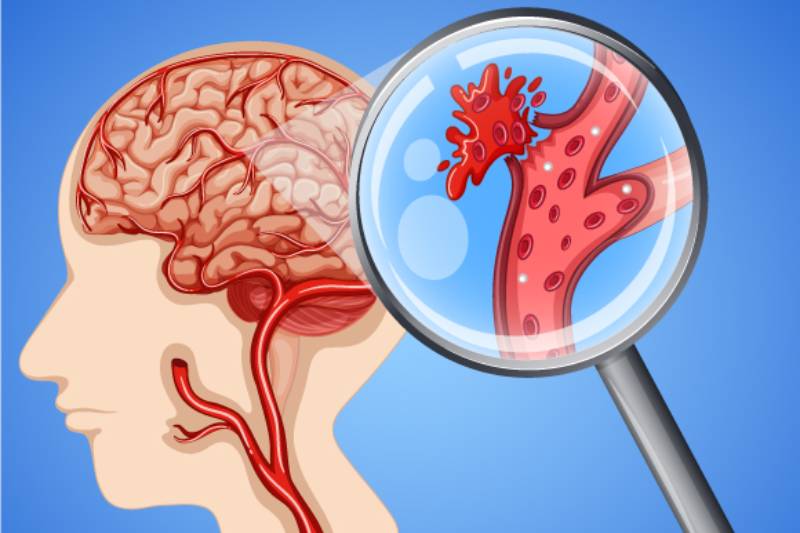Understanding Stroke
- Home
- Brain Services
- Understanding Stroke

Understanding Stroke: A Brief Guide by Dr. Tushar Borde, Pune
Introduction
Welcome to Borde Clinic, where we prioritize your health and well-being. Dr. Tushar Borde, a trusted name in healthcare, is here to provide you with valuable information about strokes in a simple and easily understandable manner. We believe that informed patients make healthier choices, and that’s why we want to empower you with knowledge about strokes.
What is a Stroke?
A stroke is a medical emergency that occurs when there is a sudden interruption in the blood supply to the brain. This can happen for various reasons, but the result is the same: brain cells are deprived of oxygen and nutrients, leading to damage and sometimes permanent disability.
Types of Strokes:
There are two main types of strokes:
- Ischemic Stroke: This is the most common type and occurs when a blood clot blocks an artery, cutting off blood flow to a part of the brain.
- Hemorrhagic Stroke: This happens when a blood vessel in the brain bursts, causing bleeding and damage to the surrounding brain tissue.
Recognizing Stroke Symptoms:
Strokes can be subtle or dramatic, but it’s crucial to recognize the warning signs. Remember the acronym FAST:
- Face: Ask the person to smile. Does one side of their face droop?
- Arms: Have the person raise both arms. Does one arm drift downward?
- Speech: Listen to their speech. Is it slurred or strange?
- Time: If you observe any of these signs, it’s time to call for emergency help immediately.
Risk Factors:
Understanding the risk factors for stroke can help you make preventive choices. Common risk factors include:
- High blood pressure
- Smoking
- Diabetes
- High cholesterol
- Obesity
- Family history of stroke
- Age (risk increases with age)
Prevention:
Preventing a stroke is often a matter of making lifestyle changes, such as:
- Managing high blood pressure
- Quitting smoking
- Controlling diabetes
- Eating a healthy diet low in salt and saturated fats
- Exercising regularly
- Limiting alcohol consumption
- Regular check-ups with your healthcare provider
Treatment:
Treatment for a stroke depends on the type and severity. Quick medical attention is crucial to minimize damage. Ischemic strokes may be treated with clot-busting medications, while hemorrhagic strokes might require surgery to stop bleeding. Rehabilitation and therapy are essential for recovery. Excellent a wealth of Stroke treatment in pune, expertise and experience, Dr. Tushar Borde provides his patients with individualized care and knowledgeable guidance to enhance their general health and quality of life.
Conclusion:
At Borde Clinic, your health is our priority. We hope this information helps you understand strokes better. Remember that early detection and prevention are key to reducing your risk. If you have any concerns or need personalized advice, Dr. Tushar Borde and our dedicated team are here to support you on your journey to better health.
Don’t hesitate to contact us for more information or to schedule an appointment. Your well-being matters to us, and together, we can make informed choices for a healthier future.
